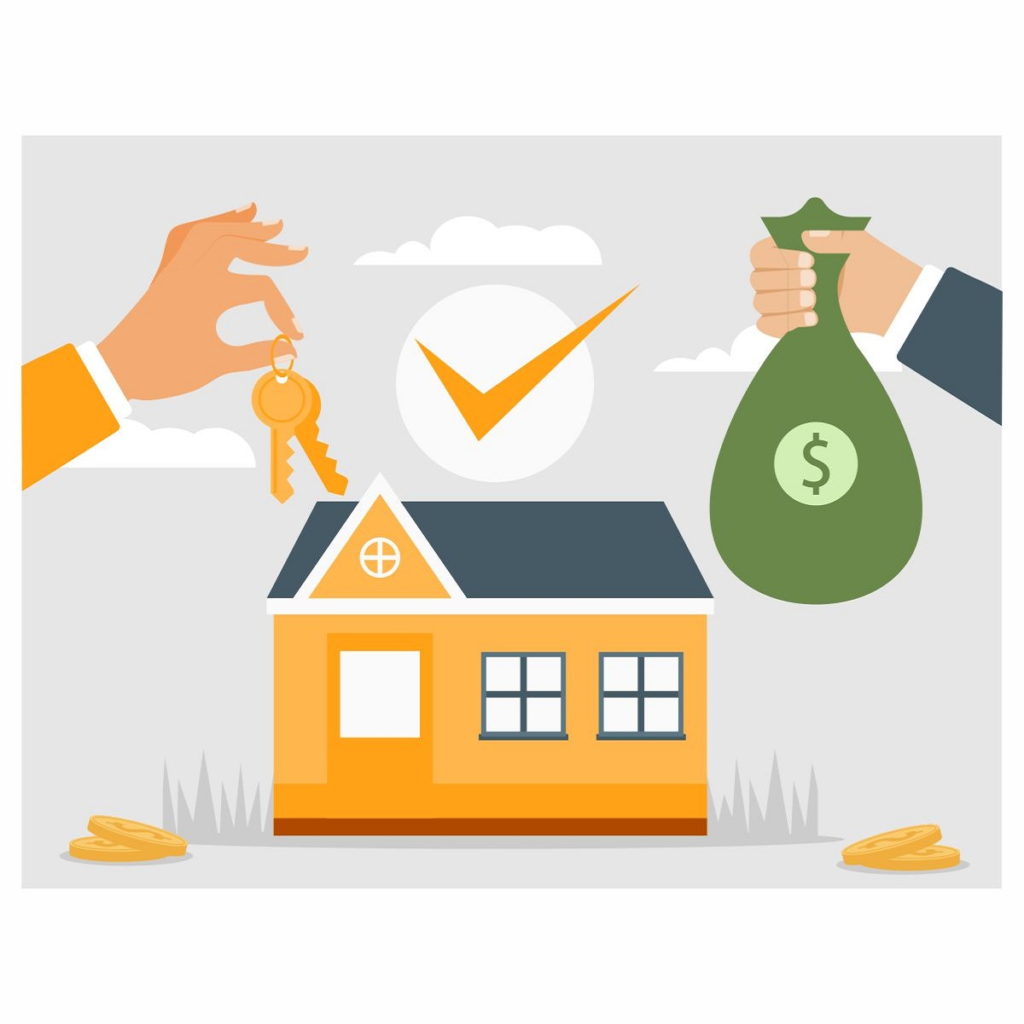THE VOCABULARY OF OWNING OR BUYING A HOUSE, APARTMENT OR OTHER PROPERTY IN ENGLISH.
Mortgage rates have climbed dramatically over the past few months, creating an abrupt hike in monthly payments for new home loans. While some home buyers may be dropping out of the market in the hope that rates may decline again or that home prices will level off, buyers who are still in the market are finding ways to cope with a mortgage rate above 5%. 
VOCABULARY: mortgages, climbed dramatically, abrupt, hike, payments, loans, dropping, rates, decline, home prices, level off, to cope
Here are 12 ways to adapt to rising mortgage rates:
- Shop for a loan. Survey multiple lenders to find the best rate on the loan program you want, recommends Corey Burr, a real estate agent with TTR Sotheby’s International Realty in Chevy Chase, Maryland. Shopping around often results in the best rate.
- Make a bigger down payment. A larger down payment reduces the amount you need to borrow and therefore lowers the associated interest you’ll pay on the loan, suggests Morgan Knull, an associate broker with Re/Max Gateway in DC.
- Ask for gift money. One source of down payment funds for some people can be a gift from a family member, Burr says. “They could pay back the money at some point in the future, but if they’re lucky, the relative might even forgive the debt,” Burr says.
- Finance the purchase with an adjustable-rate mortgage. More buyers are considering an adjustable-rate mortgage (ARM) now because they have a lower rate for the initial fixed period, Knull says. Burr says prospective home buyers may want to consider a 10-year ARM, which has a slightly lower rate than a 30-year fixed-rate loan. “Odds are that you will have sold the house by the time the 10-year locked rate adjusts,” Burr says. Borrowers who are willing to take on extra risk or who plan to be in a property for a shorter period can consider a five-year or seven-year ARM, he says.
VOCABULARY: multiple lenders, real estate, down payment, amount, reduces, borrow, therefore, associated, interest, suggest, source, gift, pay back, some point in the future, debt, finance, purchase, adjustable rate, funds, forgive, initial, fixed period, prospective, home buyers, slightly, odds are, locked rate, willing,
- Negotiate with the seller for closing cost credits. While not all sellers are willing, some may be open to negotiating with buyers to include closing cost credits in the sales price, Knull says. The buyers can then apply those credits as points to buy down the interest rate on their loan.
- Shop for a home that has been on the market for longer than others. Buyers may be able to pay less—and borrow less—for a home that has been on the market for three weeks or longer, Burr says.
- Buy in a location with lower property taxes and lower homeowner association dues. To offset the higher monthly payment that comes with a higher interest rate, Knull says some of his buyers are looking for homes in locations with lower property taxes and lower homeowner association dues.
- Widen your search area. For people who have spent months trying to find a home that they can afford, I suggest they widen their search, Burr says. Target outer suburbs to find less expensive properties.
- Lock in a mortgage rate while still shopping. Some lenders are offering to lock in a mortgage rate even before a contract has been signed by both parties, Knull says. “There is a catch, which is the rate pricing isn’t particularly cheap and a ratified contract must be attained within 30–45 days of the lock’s initiation,” he says
- Sell an existing home rather than keep it as a rental property. While some repeat buyers prefer to keep their home as an investment, Knull says some of his buyers are opting to sell now instead to maximize their down payment funds.
- Buy a fixer-upper. Burr suggests searching for a less expensive fixer-upper where value can be added over time with sweat equity.
- Wait for a slower home-buying season. Buy in the late fall or over the holidays, Burr suggests. “The slowest season each year is from November 1 to January 15 of the next year,” he says. “The weather is not as nice, and most people have the holidays on their minds. During this window of time, sellers typically are very motivated to sell.”
WRITING EXERCISE (150 words)
Do you own your own property? If so describe the process of buying or renting a property in Brazil.

